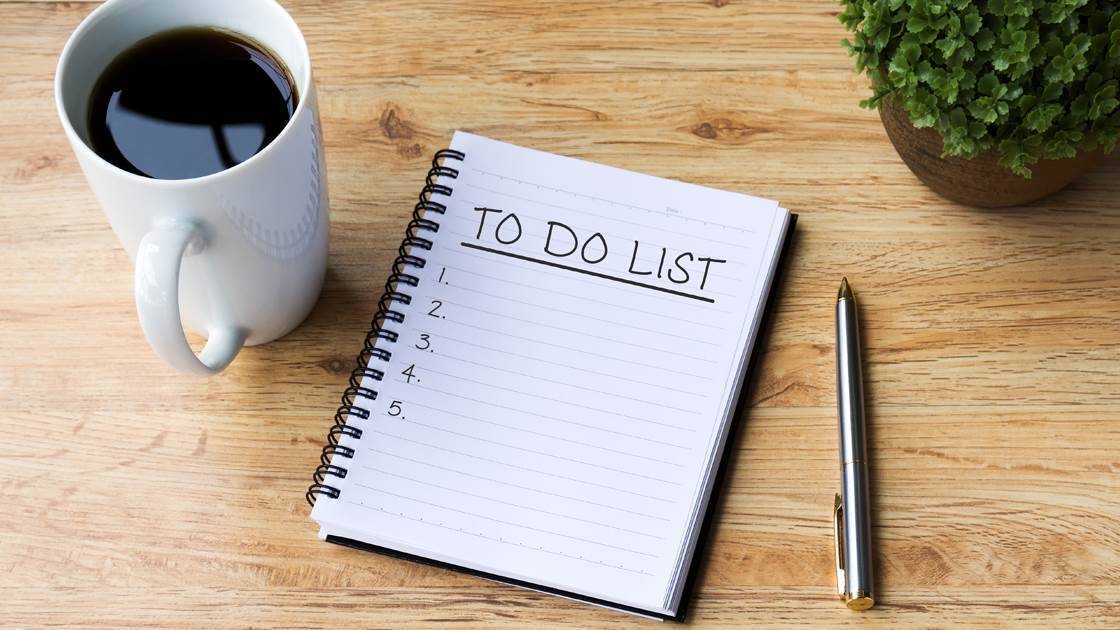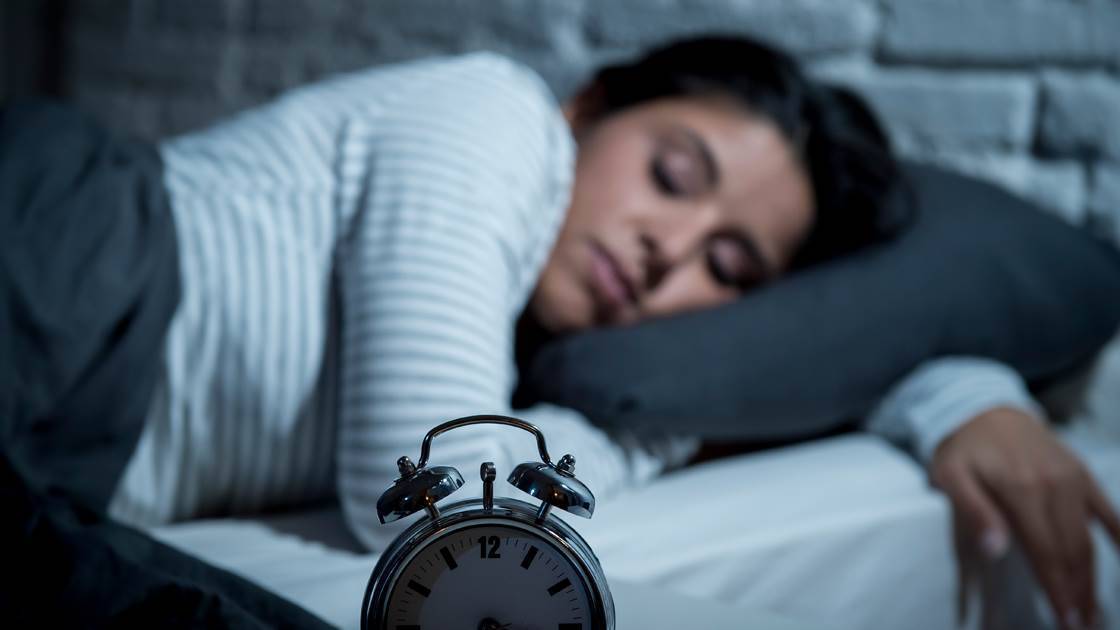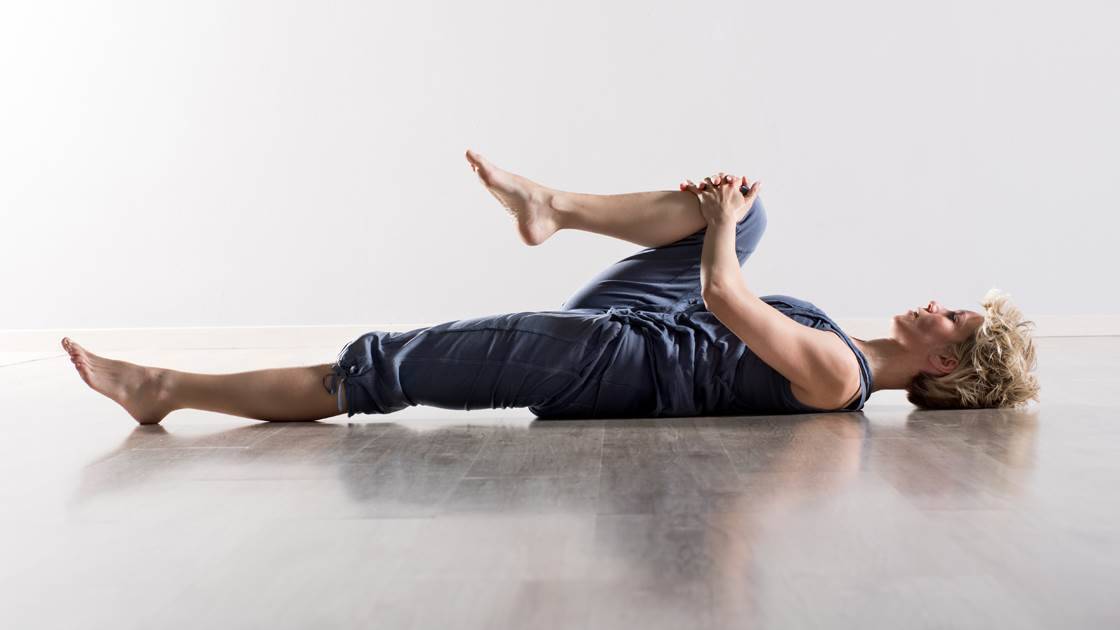We’ve all had days when we feel as if someone has popped out our batteries and we’re the totally opposite of that Energiser bunny. And your energy levels are often sapped even more when you realise first thing in the morning that you have a busy day ahead and you are just going to have to drag yourself through to the end, one cup of coffee at a time.
But there are ways – beyond chocolate bars and packs of chips – that you can use to unlock your reserves. We’re not talking adrenaline hits that give you a momentary charge, but a steady flow that will help you face the challenges of the day, big or small. The right strategy at the right time can power you up and get you ready for more vigour tomorrow.


















Start with ommm…
You don’t even have to get out of your pyjamas for this one. All you need is 15 minutes first thing and a yoga mat (you could even do your poses on the living room rug at a pinch). Just google ‘morning yoga’ and plenty of options should come up. Find one that suits you and your experience and give it a go. Not only will yoga poses give you extra energy, but they’ll also open up your hips, stretch your shoulders, and lengthen your spine. You’ll walk away feeling centered, focused and ready to start your day.
Run hot and cold
After you take your nice warm shower, give yourself a 30-second blast of cold water. Once the initial shock wears off, you’ll get an invigorating burst of energy as blood flows away from the surface of your body toward your core to try to conserve heat, kicking your circulation into gear. Bonus: an arctic blast may help your mood. One study found that the icy temps helped release endorphins, which may result in an antidepressant effect.
Delay your coffee
Have your caffeine fix once you get to work. Scientists suggest that sipping coffee about 2 hours post wake-up may let you get the most from it. Levels of the hormone cortisol, known as the “stress hormone” but also a potent stimulant, are highest in the morning. Drinking caffeine when your body doesn’t need it much may suppress your production of cortisol and teach your body to lean more on coffee to make up the energy difference.
Amp up your oats
Adding some protein to your brekkie is a good start as protein boosts alertness so you are productive and helps stabilise blood sugar and insulin levels so you have steady energy levels to face the day. Aim to include about 20g protein in your brekkie. For example, ⅓ cup rolled oats, ⅓ cup Greek yoghurt, ⅓ cup milk and 30g mixed seeds is 22.2g protein.
Walk around
A short stroll can give you an instant hit, but for lasting effects, you’ll want to make a habit of it. Researchers at the University of Georgia found that previously sedentary people boosted their energy levels by as much as 20 per cent and decreased fatigue by 65 per cent after performing a 20 minute low-intensity exercise routine three times a week. You can then move on to high-intensity workouts when those energy levels are up and running every day!
Get moving
Movement creates energy so why not replace that afternoon coffee with a short exercise session? It will get your heart and blood pumping, clean out toxins and get your energy going again.
It also gets your confidence levels up so you feel better about yourself. Even a quick session of light stretching will do the trick – for your muscles as well as your motivation.
Sit up straight!
Scientists at San Francisco State University confirm what your mum always told you to do: maintain an upright posture, which may improve your energy (and your mood).
Breathe better
To feel sharper, take a deep breath in through your nose instead of your mouth and focus on drawing air first into your chest, then into your lower rib area, and finally into your lower belly. Even better, press your left nostril with your finger and breathe in through your right nostril: this stimulates blood and oxygen flow to the left side of the brain, which can awaken the brain’s verbal and critical thinking centres, says neurologist Dr Fiona Gupta.
Drink up
We mean water. Dehydration can cause you to feel sluggish and exhausted. Drinks such as tea and coffee are diuretics, so it could be that if you’re drinking a few cups a day you’re leaching your system of the water it needs to function properly
Let there be light
If you’re face-planting on your keyboard, turn on a bright desk lamp or go outside for a shot of natural light. “Light is a lot like food,” says psychiatrist Dr Norman Rosenthal. You can go only so long without eating before you poop out. “With light, when you’re feeling slumpy, get a boost,” he says.
your to-do list now, not at bedtime
Writing out your tasks and obligations generally makes your mind race, which isn’t what you want at night. Allocate 10 or 15 minutes after your midday meal (or when that 3pm slump hits) to jot down what you need to do and any concerns you have, smoothing the path to better shut-eye – which means a more energetic tomorrow.
Instant wake-up!
Mix a few drops of peppermint essential oil with a drop of rosehip and apply to the base of your neck or under your nose for an instant energy hit!
S
nooze, you lose
Avoid the temptation to press the ‘snooze’ button. That little bit of sleep comes in small chunks and doesn’t really do you any good. So set your alarm clock for as late as possible and get out of bed as soon as it goes off. If you are a snoozer, make it easier on yourself by placing your alarm clock away from your bedside so you have to get up to turn it off.
Soothe yourself
People shift their moods to match the tones of voice they’re hearing, one study found. So cue up a non-stimulating podcast, or try a meditation app such as Headspace (free), which has many calming recordings.
Help someone out
On your way home, let somebody with only one item go in front of you at the supermarket, or pick up some litter in front of your neighbour’s house. Doing something considerate can give you a boost and wipe away energy-sapping stress.
Try a twist
Muscle tension can steal your vigour, but a stretch can be a good remedy. “I recommend yoga poses that lengthen overactive, tight muscles in the back, sides and chest,” says Dana Santas, a yoga coach. Try this one: Lie flat on your back, then bring your right knee toward your chest. Next, take your left hand and place it on the outside of your right leg and gently start to rotate over to the left. Without forcing it, allow your knee to fall to the left while reaching your right arm out to the right. Hold for five breaths. Release and repeat on the other side.
Turn off the news
Bad news can activate areas in the brain that are related to the stress response system — not the best for a peaceful night or a peppy tomorrow. Switch it off at least 15 minutes before bed. You can also counter the negativity with a session of your favourite music or by watching a few funny videos and having a good laugh. But even these pastimes need to be switched off prior to your bedtime routine. If you read on a device, stash that at least 30 minutes before bed, too.
Find your sweet spot
For one week ensure the time you are in bed with lights out is at least 7½ hours from when the alarm is set to go off. Note what happens when you hear the alarm next morning. If you’ve been awake for a few minutes prior to the alarm, you’ve found your ideal bedtime. If your alarm usually wakes you up, it’s likely that you need more sleep. Go to bed 15 minutes earlier each night until you wake up just before your alarm sounds.










